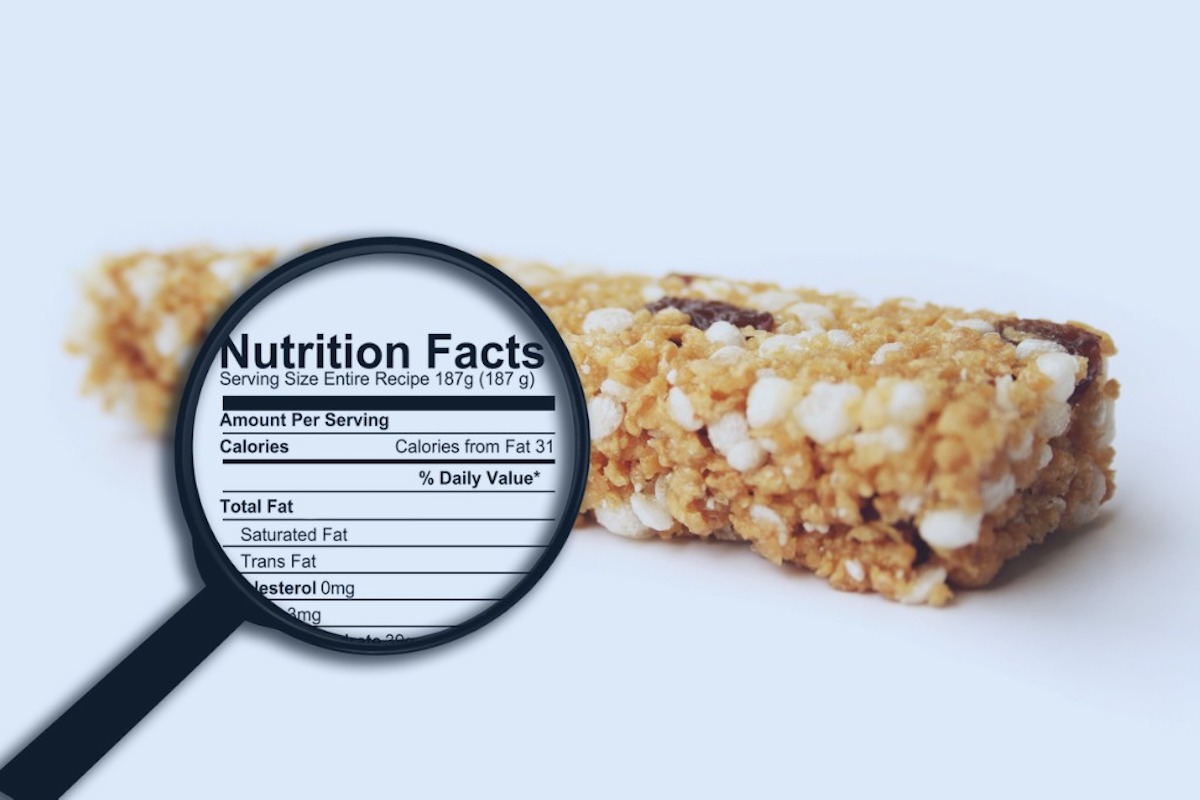Nutri-Score labelling system set to change to encourage healthier food choices

The scientific committee behind the Nutri-Score has made changes to the calculation method of the nutritional profile of produce, which will be implemented by the end of 2023, to help consumers make better informed and healthier food and drink choices.
The system is to be changed in the countries who have adopted Nutri-Score and belong to the Scientific Committee of the labelling system: Belgium, France, Germany, Luxembourg, the Netherlands, Switzerland and Spain. Once the changes have been implemented, companies will have another two years to alter their labels accordingly.
The calculation algorithm has been revised in two stages, which the Committee says will make the system more effective in classifying food and drinks in line with the main dietary requirements in European countries.
The first stage, completed in June 2022, improved the calculation method for solid food products, giving foods like poultry for example a better score than red meat on the alphabetical scale.
The Committee has also just completed alterations to the scoring system for beverages, meaning sweetened drinks like Diet Coke will no longer receive high scores, with studies showing sweetener-based beverages aren’t much healthier than those containing sugar. Up until now, the drink received a “B” score, suggesting it was healthier than olive oil, which received a “D”.
The classification has also been edited to include dairy and plant-based milks, with skimmed and semi-skimmed cow milk receiving a higher score than whole milk.
First implemented in France in 2017, followed by the other six countries between 2018 and 2021, the Nutri-Score labels are meant to make it easier for consumers to understand the nutritional value of food and drinks.
However, the system has often come under fire for its inaccurate representation of the nutritional profile of produce. Last March, both France and Italy heavily criticised the system’s low-score for alcoholic drinks, and in May, the European Food Safety Authority put the validity of the the labels into question, encouraging the European Commission to rethink its proposal to make it compulsory across the bloc.
Italy has even developed its own alternative nutritional scoring system – the Nutrinform Battery – which shows the nutritional value of an overall diet instead of individual food products, presenting levels of energy, saturated fats, sugars and salt in an individual portion of food. These are depicted in the form of percentages using a battery as its symbol to show how what someone eats relates to the recommended daily intake.









